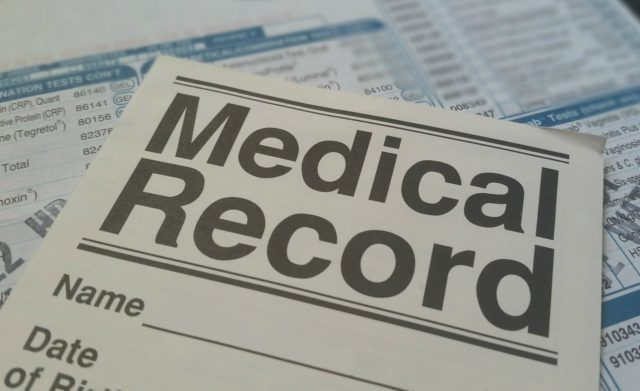From finding the right long term care facility to understanding the costs and risks of independent living, growing old in America is not easy. Elder care has many components and avenues that it has become difficult for older adults to find and choose an option that is affordable yet superb in quality.
ALTCP.org recognizes these difficulties, and we aim to share as much knowledge that can help older individuals in finding the necessary information they need for their care. Help us by sharing this post with your friends and family! You can never know the kind of help you are bringing them. Cheers!

Longer life spans—a great development we have been experiencing recently—is a blessing. This may be attributed to the healthy lifestyles many have adopted and the ease in accessing health services in the recent years. For the most part, growing old is a milestone that everyone ought to strive to achieve. This is because it gives individuals more time to chase passions and spend time with their family and loved ones. After all, that is what most people covet for in life, right?
However, aging in America is becoming more difficult not just for these people but their families, as well. We have the issues surrounding Social Security, the increasing care costs, and the growing number of adults joining the ranks of the Sandwich Generation—most of which are this generation’s children, grandchildren, neighbors, and loved ones.
Yes, growing old provides plenty of chances and opportunities that many do not get to experience. However, there are challenges that still need to be addressed. Among the urgent concerns indicated, older adults must contend with elder care and the necessity for health literacy.
What is Health Literacy?
By definition, health literacy is “the degree to which individuals have the capacity to obtain, process, and understand basic health information and services needed to make appropriate health decisions.” A person’s level of health literacy affects his or her ability to find a doctor, locate providers and services, fill out complex health-related forms, and read instructions for medicine.
Moreover, this includes the understanding and ability to interpret numerical data, from cholesterol and blood sugar levels to calculating health insurance premiums, copays, and deductibles. With that in mind, it is easy to see how health outcomes are related to health literacy.
Health Literacy and Elder Care in America
Elder care services are not cheap. In fact, a person needs a median amount of $6,844 for a month’s stay at a semi-private room in a nursing home. As the generation most likely to require a great deal of these services, the elderly must have the right health literacy skills to manage their own care. Elder care is a necessity for most individuals reaching their twilight years. While many are experiencing longevity, many of them go through it combating health issues and age-related conditions. Some require assistance in navigating day-to-day tasks.
Poor management of these concerns can lead to poor health and high costs. These individuals tend to use emergency rooms and other expensive health care services as compared to those who have a better understanding of health systems.
However, the numbers are alarming. According to the National Assessment of Adult Literacy, nearly nine in ten adults lack the skills needed to manage their health and prevent diseases from happening. Furthermore, 30 million individuals in the United States have basic or below basic health literacy skills. Additional statistics are as follows:
- 71% of individuals age 60 and older found it difficult to use print materials
- 80% of older adults struggled using documents like forms or charts
- 68% encountered problems in interpreting numbers and doing calculations
Improving Health Literacy: Who is In-Charge?
Health literacy, especially among the elderly, is a national issue. However, with the complicated nature of health care and the medical complexities that surround it, many individuals struggle to grasp its concepts. This is why it is only natural for individuals to rely on those who have spent time studying these fields.
Health industry professionals and health care systems have been taking matters into their own hands to address this problem. In America, October has been named Health Literacy Month. This year’s campaign revolves around the motto, “finding the right words for better health.” Various organizations in other countries are also urged to take part in the campaign.
Taking Action
Health literacy is one of those necessities no one really considers until the moment comes and they need it. With the hustle and bustle of daily life, it can easily slip a person’s mind until they find themselves or their loved ones on the receiving end of health or elder care and sky-high medical bills.
This is why taking measures to improve one’s literacy matters. Yes, seeking information from those who fully grasp these concepts is important, but equipping yourself with the necessary knowledge will help immensely. Find time to study resources online, and to read about accounts from other individuals. Learn from their situations too. Ensure better health by becoming more proactive in learning.
Health literacy is a necessary tool in aging successfully, and ALTCP strives to assist individuals in reaching these tools. If you wish to learn more about a certain topic that will help you in understanding health and long term care in the country, let us know in the comments section. We would be glad to help.

One thought on “Why Health Literacy is Important in Finding Elder Care”